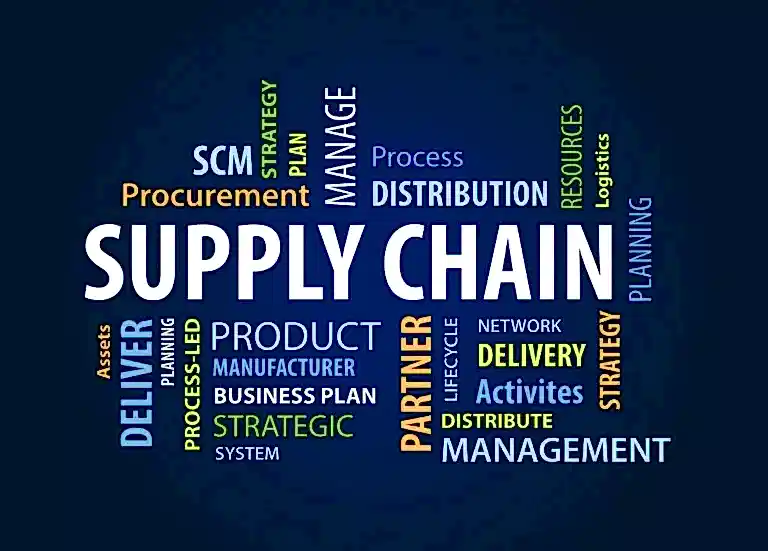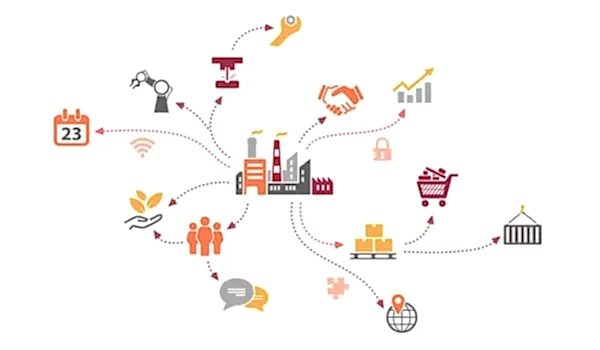Microsoft BizTalk in Integrated Supply Chain Management
Location: Switzerland
Industry: Supply Chain Management
Problems
The customer provides supply-chain services to the world’s leading logistics combat support agency, thus providing worldwide logistics support in both peacetime and wartime. It involved the provision of full-line fresh food, food service supplies, and non-food distribution services.
The coordination with trading partners required that the customer used BizTalk as EDI/B2B gateway. A major challenge was to integrate trading partners through EDI to automatically facilitate EDI transaction flow without any user intervention between the customer’s hosted ERP system and trading partner’s system. The customer required that the BizTalk EDI solution had to cover all inbound (From trading partner to the customer) and outbound (From customer-to-trading partner) EDI transactions.


Solutions
Allied Consultants conducted an integration analysis exercise to establish the requirements of the transactions.
As per the scope of the service-level agreement with its major trading partner, we identified that at a minimum, the customer (as the primary contractor) should be able to support the following Outbound EDI transactions as per American National Standards Institute (ANSI) X 12 transaction sets.
850 Purchase Order.
832 Catalog/Price Update.
810 Sales Invoices.
Solution architecture
Fig 1: Outbound 832/810 itinerary
Fig 2: Inbound 850 itinerary
With close coordination with the customer’s integration team, Allied Consultants developed an integration technical design, as well as functional and mapping requirements between customer’s ERP and her trading partner’s system using standard Electronic Data Interchange (EDI) transactions.
End-users & third-party users were able to order their logistics requirements through STORES (trading partner’s translator/ordering system). The system then transmitted the orders to the customer’s ERP for FF&V, FSOS, and regular items. The customer’s ERP was required to interface with the trading partner’s system (STORES) and enabled the following EDI transactions.
Inbound Transactions (through BizTalk)
EDI 850 (Sales Order from TRADING PARTNER’S system to CUSTOMER’s ERP)
Outbound Transactions (through BizTalk)
EDI 810 (Sales Invoice from CUSTOMER to TRADING PARTNER)
EDI 832 (Catalog/Price Update from CUSTOMER to TRADING PARTNER)
EDI 997 (Functional Acknowledgement)
Order of EDI transaction in CUSTOMER’S integration process flow with TRADING PARTNER is as below:
CUSTOMER Using BizTalk first sends catalog update/EDI 832 to SFTP shared folder where TRADING PARTNER’S STORES system can receive, either at the end of the month for price update or middle of the month for everything other than price update. This way TRADING PARTNER’S STORES has up-to-date information about CUSTOMER’S items and prices.
Customers now access TRADING PARTNER’S STORES system and place orders for approved items to the CUSTOMER, from where the TRADING PARTNER STORES system transmits these orders in EDI 850 format to CUSTOMER’S SFTP server shared folder.
BizTalk picks up each of the EDI 850 orders from SFTP location, transforms and sends that to different ERP web services to create ‘Sales order’ in the CUSTOMER’s ERP automatically.
If functional, CUSTOMER sends back EDI 997 as a functional acknowledgment to TRADING PARTNER as a notification that EDI is received.
Finally, after shipping orders to her TRADING PARTNER’s requested DODAACs, CUSTOMER sends EDI 810 (Sales invoice) from its ERP through BizTalk to SFTP shared folder from where TRADING PARTNER’s system picks up.
Tech Stack
- Visual Studio 2013
- BizTalk 2013 R2
- Microsoft Azure cloud
- Test & Production Server environments

Get In Touch With Us
we believe in cutting edge solutions and are committed to your success
